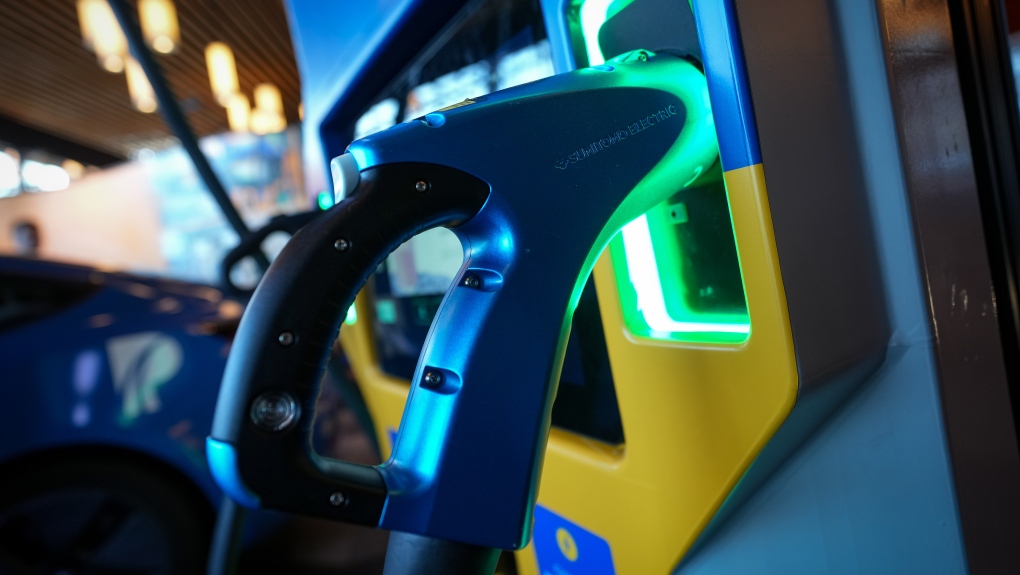Unless policies or technologies change, the ownership cost of electric vehicles (EVs) needs to decrease by 31 per cent if Canada to wants to reach its sales target of 60 per cent EVs by 2030, according to a new report released Thursday by Parliamentary Budget Officer Yves Giroux.
Last December, the federal government unveiled its Electric Vehicle Availability Standard that outlined zero-emission vehicle sales targets for automakers. The standard requires all new light-duty sales in Canada to be electric or plug-in hybrid by 2035. There are also interim targets of at least 20 per cent of all sales being EVs by 2026 and 60 per cent by 2030.
Those federal government targets come as growth forecasts for auto companies have plateaued and concerns about charging infrastructure persist. The price of EVs has also pushed the cars out of reach for many consumers. According to the Canadian Black Book, the average cost of an EV was $73,000 in 2023.



Switching to cheap EVs does not get us off fossil fuels as much as you think.
Personal transportation only accounts for something like 20% of the total fossil fuel use.
I think 20% is pretty big. Not big enough, but anyone who thinks they’ve done all they need by buying an ev doesn’t understand the situation. So yeah necessary but not sufficient
That is what it costs to burn the fuel. How much to mine it out of the oilsands?
Also, the 20% is every year for the lifetime of the vehicle. Do the math another way and what you get is the implication that getting cars off the road now would provide the equivalent of a 200% reduction in annual output or more ( one time ).
Only 20%, that’s pretty big for a single source.